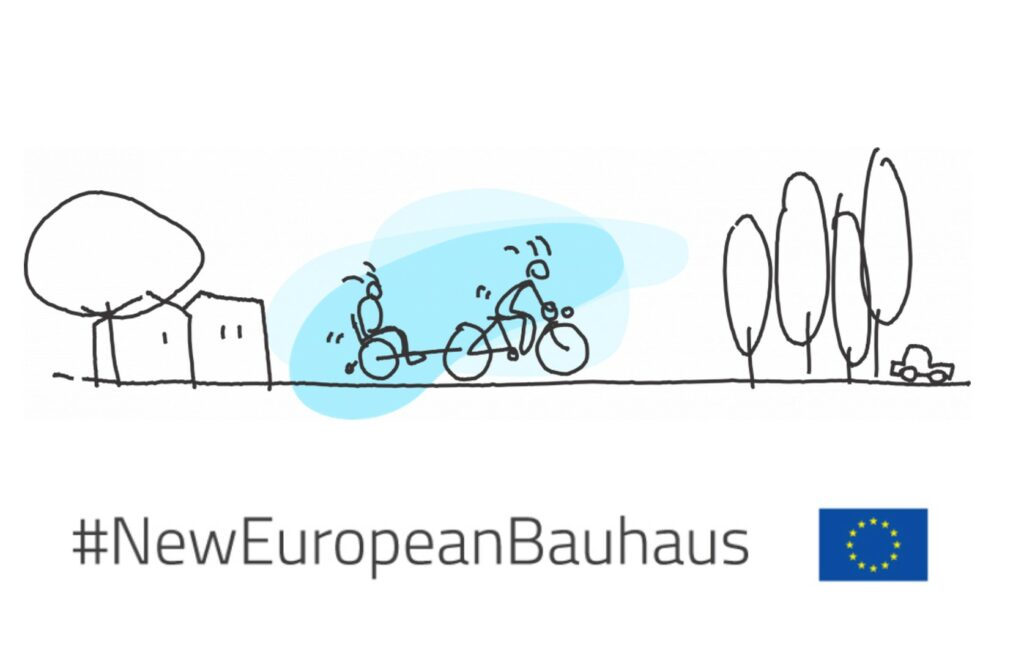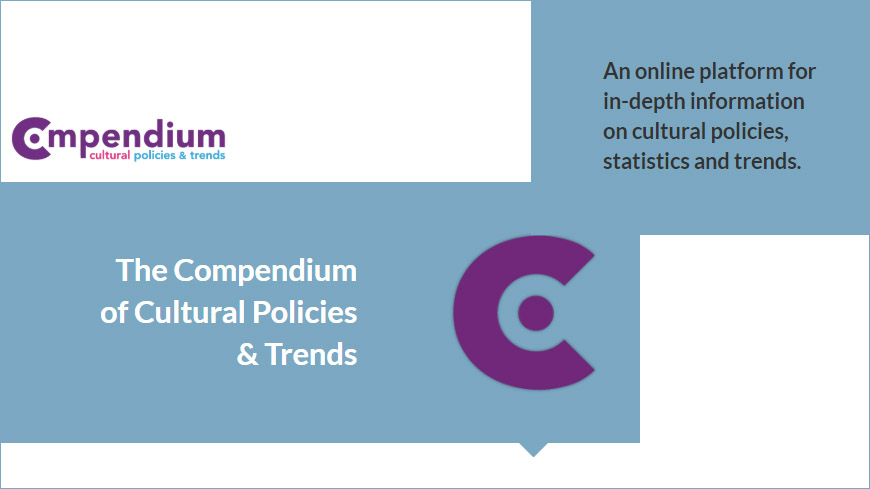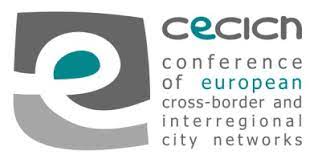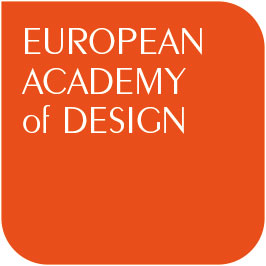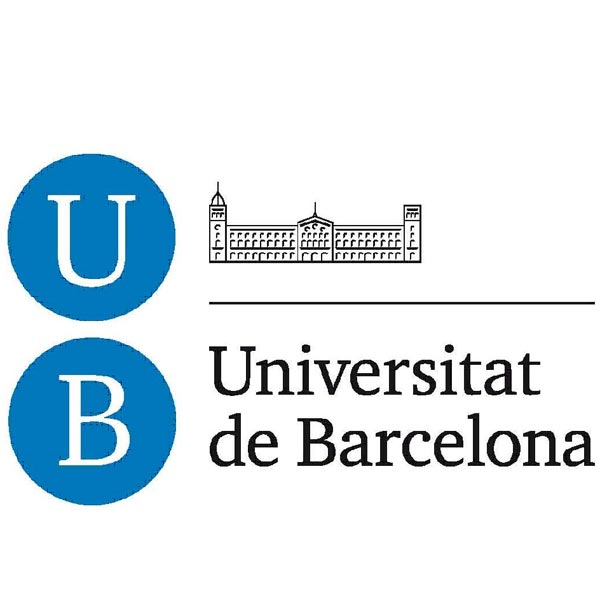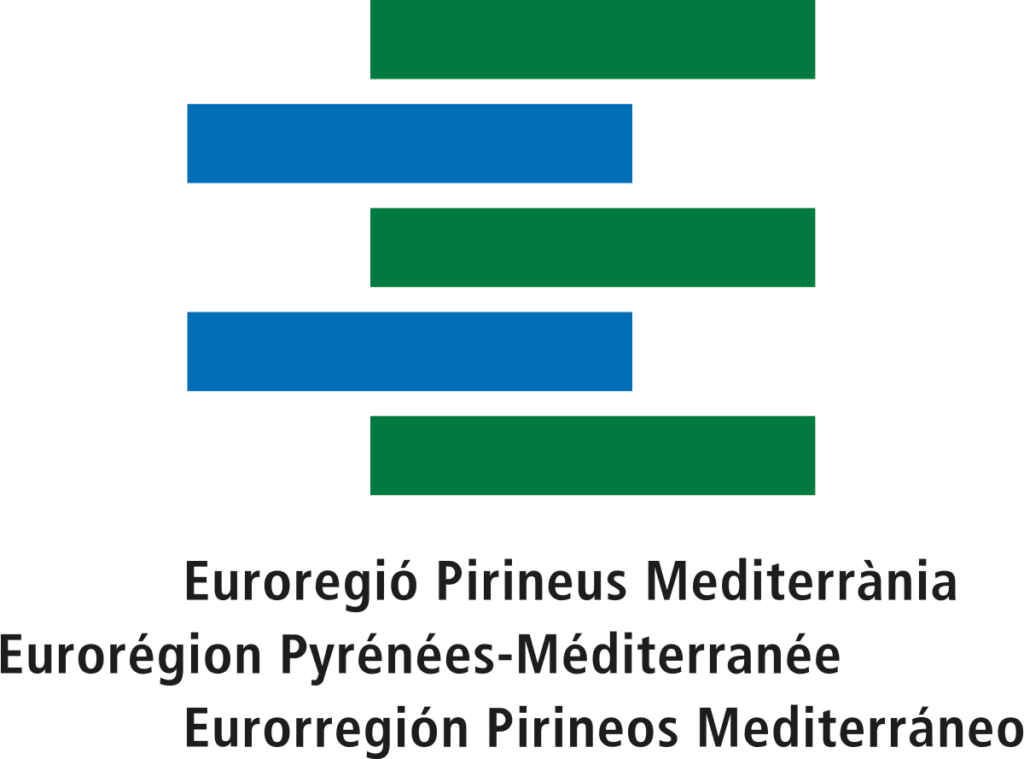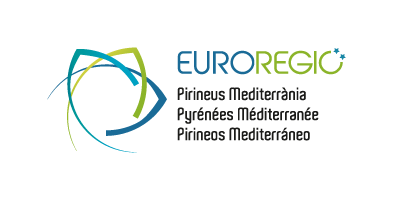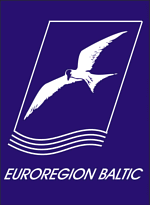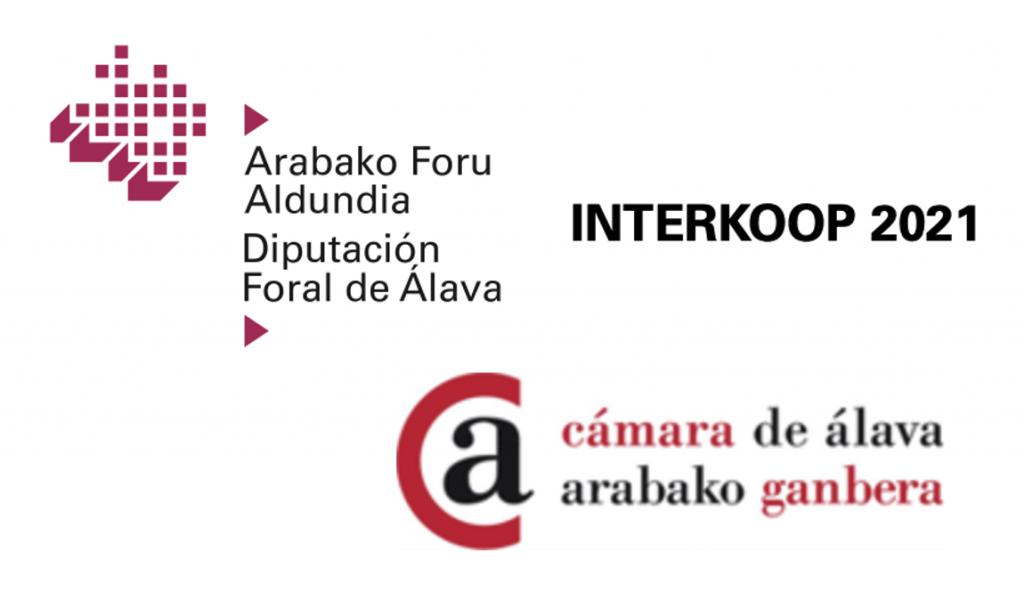
Interkoop is an initiative of the Chamber of Commerce of the province of Alava, in the Basque region of Spain. This programme aims to support internationalization and cooperation for businesses and organisations. Under its umbrella I have provided local companies such as Teklak, a communication agency, with technical assistance to analyse their internationalization strategy in the sector of audience development. For one year we have worked on the international positioning of the brand, the identification of potential partners and relevant topics in Europe. This also brought a reflection on the evolution of Teklak’s services and the analysis of local effects of international efforts in terms of credibility and innovation capacity.

